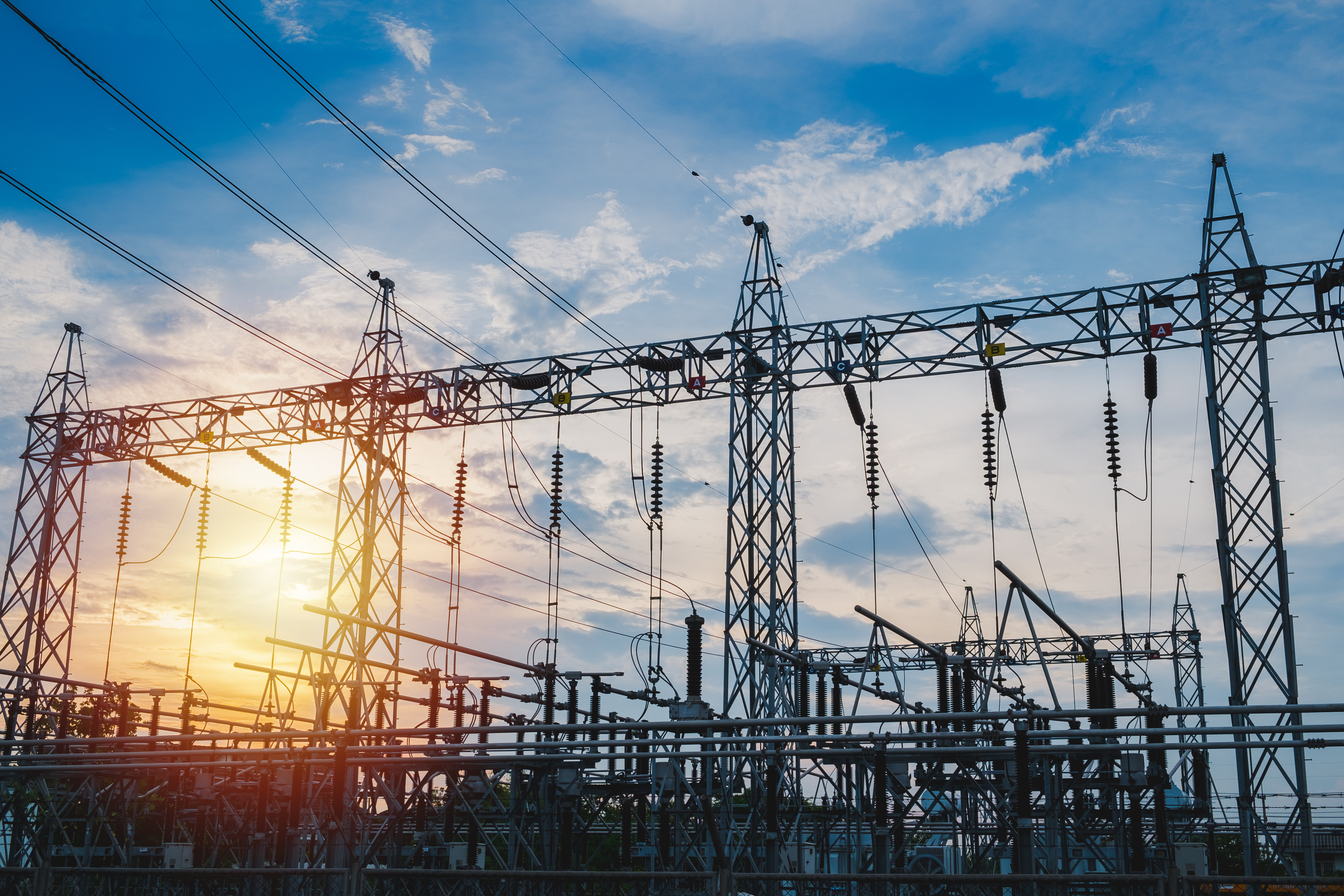Saving... Please wait..!
Global Energy Security - Canada's Rank in the Global Market - Global Energy Show
Global Energy Security: How Canada Ranks in the Global Market

Energy security is the uninterrupted availability of affordable energy supplies. This security depends on various factors, including environmental and economic demands and the overall status of the global energy markets.
In our latest 5x5 series interview, Kelly Ogle, CEO of the Canadian Global Affairs Institute (CGAI), sat down with Rachel Gregory, Digital Host at The Global Energy Show, to discuss the importance of energy security and how recent events, such as the Russian invasion of Ukraine, have affected global energy security.
CGAI consistently ranks among the top “think tanks” in international affairs, making CGAI one of Canada’s most credible sources of expertise on global affairs.
Energy Security: How Canada Ranks in the Global Market
How CGAI is Making Energy Security Mainstream
Rachel: So, in your tenure as CEO, you've expanded the CGAI's scope into energy security. Can you discuss why you feel that energy is a major component of Canadian security and some of the efforts you're making to bring discussions about energy security into the mainstream?
Kelly: Supply of energy, particularly oil, natural gas, coal, uranium, copper, nickel, and all the other materials needed in modern energy systems, are pressing foreign policy issues. To bring these issues under the spotlight, we created the energy security forum inside the CGAI, which works specifically on Canada's energy security issue.
I have a weekly podcast where I conduct long-form interviews with experts from government, industry, and academia. We produce policy papers on energy security, including the weekly energy security forum newsletter. We also partner with other organizations in the energy space, and we’re particularly excited about a new partnership with Ontario Tech University's brilliant Energy Institute in Oshawa, Ontario.
How Canada’s Energy Security Will Change in the Next Decade
Rachel: Now, can you talk about Canada's current energy security and how you see this changing within the next decade?
Kelly: In Canada, we have all kinds of energy resources. We're one of the world's largest hydropower producers, but unfortunately, it doesn't matter what you have for energy supplies unless you have the infrastructure. Energy infrastructure is a security aspect of its own, and we're weak there.
As natural gas prices in Asia and Europe continue to surge, concerns about energy security escalate. Gas and LNG are key to global energy security. People are finally starting to get the fact that Canadian gas reserves are abundant, and Canadian LNG is a jewel for several reasons. Why? It’s low cost and it’s cleaner. Competitiveness of Western Canadian LNG addresses concerns surrounding energy security, reliability, and affordability. Lower greenhouse gas emissions displacing coal globally can also be paired up to help backstock renewable energy products.
How the Rise of Oil & Natural Gas Affects Renewable Energy Projects
Rachel: With rising oil and gas demand, prices, and increased renewable energy projects, in your opinion, what does Canada's future energy mix look like?
Kelly: I think it's about the same as it is now for the next decade or more. For instance, the absolute need for dual systems is not well understood. The need for backup and base load power for renewables headlines the success of wind and solar judiciously. Neither the rest price nor end supply chain problems continue to escalate in the supply of materials for renewables, which can’t be overbuilt.
Although it'll reduce the amount you need for legacy fuels and thus overall emissions, it's not linear. Since 2000, Germany has doubled its installed generating capacity. Almost all additions are wind and solar, and emissions have only fallen 20%. The link between energy and wind and solar capacity costs has become obvious. The price of fossil fuels is surging, and the cost of wind and solar installations is surging as well. You still have to get permits. You have to lease land or use crown land. The pathways to installing solar and wind projects are just as fraught with environmental and regulatory backlogs.
How Canada Can Secure Long-Term Energy Investments
Rachel: In a perfect world, how could Canada secure long-term investment in the energy sector?
Kelly: We need regulatory certainty. The most important thing investors are looking for is certainty. Current energy policies are subject to election cycles and politicking while media cycles are unpredictable. Self-destructive nimbyism and global NGOs make the energy system more and more fragile.
How Geopolitical Events Impact Oil Production
Rachel: So, how are current geopolitical events, including the Russian invasion of Ukraine, impacting oil production in OPEC and non-OPEC countries?
Kelly: Well, in my opinion, the current energy crisis is government-made by scrambling for policy options that look to satisfy their politics and energy regulations. Policymakers refuse to acknowledge that their attempt to force an unnatural energy transition via net-zero emissions policies is responsible for the potentially devastating harm happening in Europe and, more generally, the West. Energy security oil production was already tight before the invasion of Ukraine by Russia. OPEC has continually missed its production targets. The latest monthly global oil market reports show huge shortfalls from Algeria and Nigeria.
We also have to keep in mind that OPEC countries are often politically unstable with weak institutions and simmering tensions between various factions, which can seriously disrupt energy flows. Saudi Arabia and the United Arab Emirates have spare production capacity that they're keeping in reserve in anticipation of more serious disruptions. Iran also has spare capacity, but it's taking advantage of its strengthened position because of current conflicts to get concessions from the United States on nuclear talks.
In my opinion, the Democrats in the US are suffering politically from high gas prices, so it appears to me that they're playing ball with Iran. The US is the main non-OPEC player because of huge oil production. They're suffering from labour capital and material shortages, too. There's been a big shift in the outlook of how oil is produced in the United States.
At the end of the day, the shareholders decide how much they will produce. Oil production will eventually level out, but if Russia is shut off from global markets, we could be in for a really rocky year and possible recession stagflation.
Learn More About Global Energy Security

Countries worldwide rely on global energy supplies to fuel their day-to-day life. As oil and natural gas costs rise and the environment and economic development issues continue to affect businesses across the globe, it’s crucial we prioritize Canadian energy security to ensure we don’t go into energy poverty.
If you’re interested in learning more about energy security from the people actively changing the game in North America’s energy industry, register for the next Global Energy Show today.
Global Energy Security - Canada's Rank in the Global Market - Global Energy Show
Beware of email scams
DMG Events has been informed from several exhibitors are receiving scam emails . Please be aware these offers are fraudulent. These scammers do not have any relationship with DMG Events.In accordance with GDPR, CASL and other jurisdictional data privacy regulations, DMG Events will never sell your data to any third party organisations. Please see our Privacy Policy for more information regarding how DMG Events will process and store your information.





